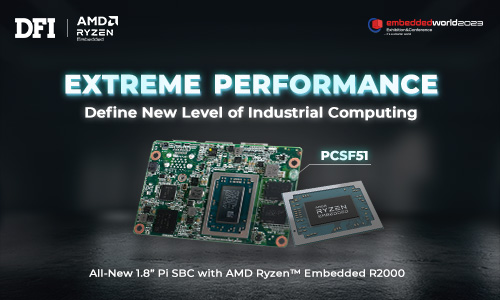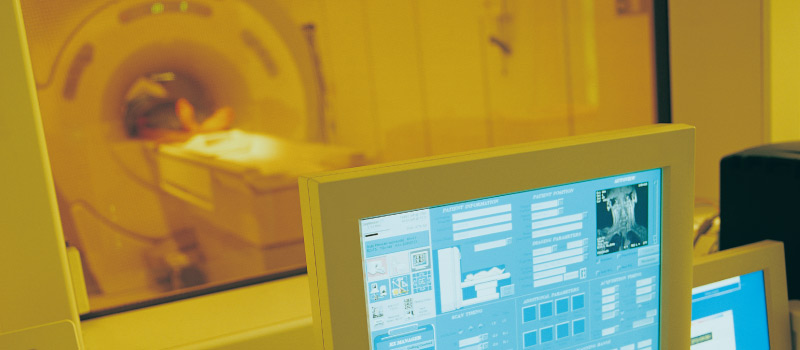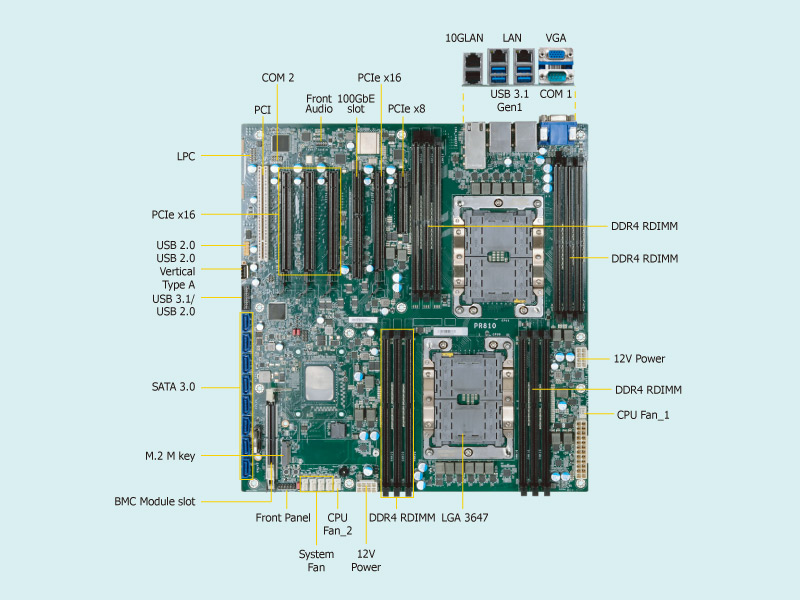MRI System
The magnetic resonance imaging (MRI) instrument puts the human body in a highly magnetic field environment, uses radio waves to excite the hydrogen atoms in the body to generate a resonance signal, and then combines a series of 2D images from different angles through computational calculations to form a 3D image. To diagnose changes in the patient's condition, physicians need to compare the old and the new photos of the patient's MRI scan. Due to its precision and time efficiency, machine learning technology has become the application field of artificial intelligence for MRI. With fast product sample delivery, customized service, and meticulous product quality, DFI's industrial-grade server motherboard has been used as the cornerstone of a new generation of MRI systems by Japanese manufacturers.
Region: Japan
Industry: Medical
Application: Magnetic Resonance Imaging System
Solution: Customized System Based On PR810-C622 Industrial Server Motherboard
Magnetic resonance imaging (MRI) is a medical imaging technique that uses a magnetic field and computer-generated radio waves to create detailed images of the organs and tissues in the human body. The position and type of the nucleus can be drawn into an image of the object's internal structure. Applying this technology to the imaging of the internal structure of the human body has become a revolutionary medical diagnostic tool. The application of the rapidly changing gradient magnetic field has dramatically accelerated the speed of MRI, making the application of this technology into a reality for clinical diagnosis and scientific research. It has extensively promoted the rapid development of medicine, neurophysiology, and cognitive neuroscience.
During the decades from discovering nuclear magnetic resonance to the maturity of this technology, nuclear magnetic resonance research has won six Nobel Prizes in four fields (physics, chemistry, physiology, and medicine), illustrating the importance of derivative technology.








,有助於車隊管理員管理駕駛行為、運動感測、急煞車和衝擊偵測.jpg?timestamp=1689918406.42007)





